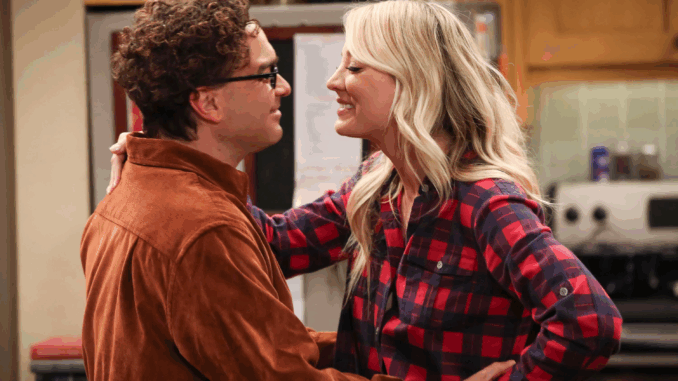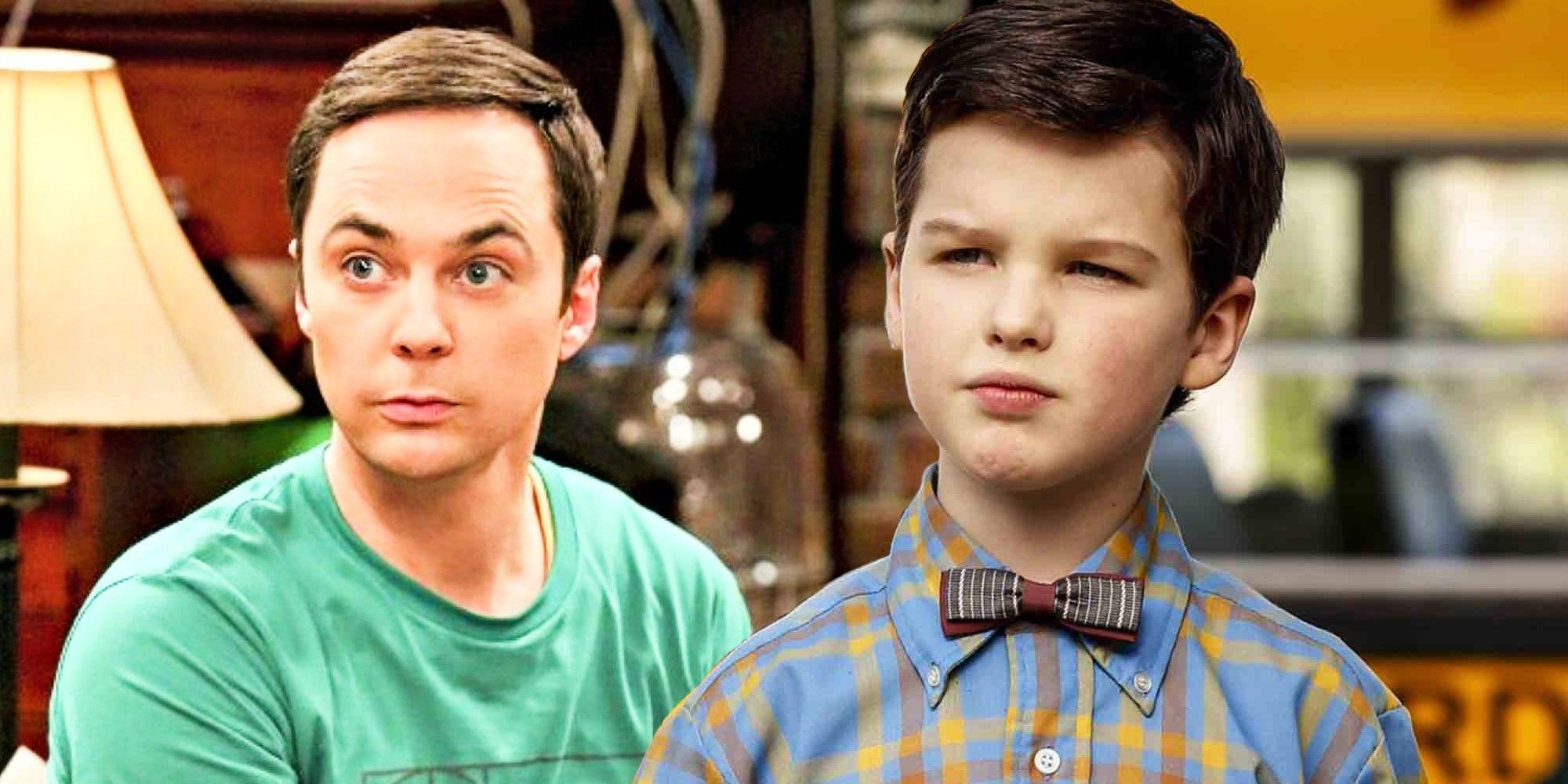
As it moves forward, Young Sheldon will continue breaking away from The Big Bang Theory, which is a great thing. Debuting in 2017, CBS’ premier comedy was greenlit as a companion show to the long-running geek-centric sitcom while also capitalizing on its popularity at the time – with Young Sheldon heavily leaning on its The Big Bang Theory connections. Despite telling mostly separate stories, the spin-off regularly featured references to its parent series, with the network even staging a one-time special crossover between the series to strengthen their connection.

There is no doubt that Young Sheldon is standing on the shoulders of The Big Bang Theory‘s success. It relied on its parent series’ popularity for years to establish itself, and it had an easier time doing so compared to entirely new shows that didn’t have any known public branding. That being said, aside from sharing characters, there are really barely any similarities between the shows at this point. The Big Bang Theory is peer-focused like Friends and Seinfeld, mixed with pop culture and science references. Young Sheldon, on the other hand, is more family-oriented; aside from Sheldon’s narrative, it doesn’t have any connection with its parent series. Instead, each member of the Cooper clan has their own likes and interests, as well as personal struggles, which are all highlighted in their respective arcs. Young Sheldon is at its best when it highlights all of those very human problems instead of just focusing on Sheldon in an attempt to lean on its The Big Bang Theory ties.
All that being said, it doesn’t mean that the series can flippantly contradict The Big Bang Theory, as there are ways to honor canon while also continuing to carve out its unique narrative. This means that Young Sheldon should be able to create its own comedy identity separate from its parent series, especially since The Big Bang Theory was also widely criticized at times for its brand of humor, ensuring CBS’ premier comedy series finally establishes a solid dramatic identity of its own.
